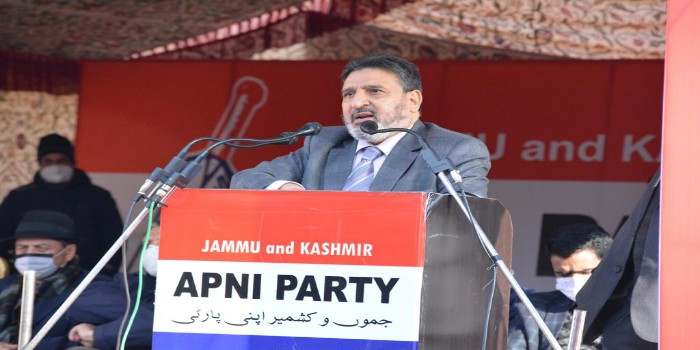JK News Today
Jammu, December
Apni Party Chief Syed Altaf Mohammad Bukhari declared on Tuesday that “baby has been delivered”. He said about the party he founded in March this year, and like an optimist parent, he believed that “child would be well fed and gain strength day by day.”
What, however, he did not tell was that the child was conceived almost simultaneously when the pandemic of corona virus struck the world? The foetus had to be over protected, and the lockdown that followed posed greater challenge.
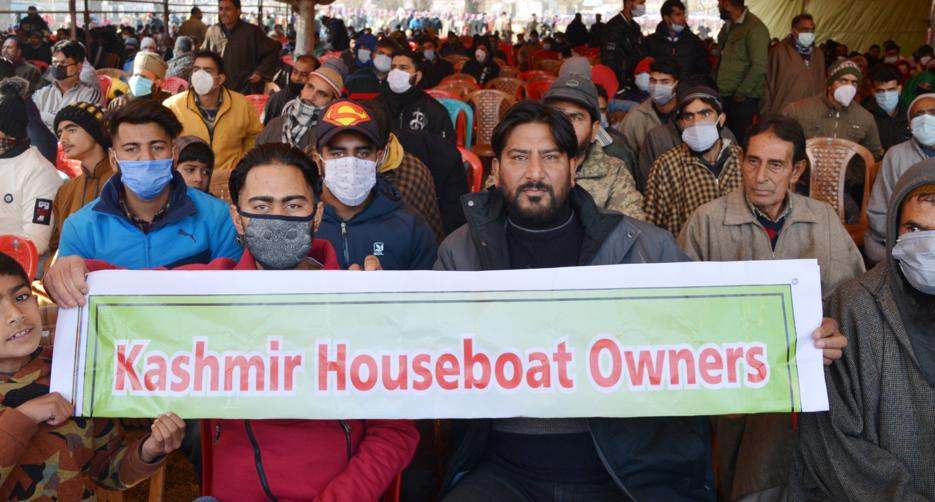
This is all metaphorical as well as real.
Apni Party was born at a time when the things were quite tough – J&K had lost its special status and statehood, and thee were a feeling of betrayal among the people mulling consequences of what had happened to them. The downslide in political landscape was worrying, and the economy was sliding faster that ever calculated by anyone.
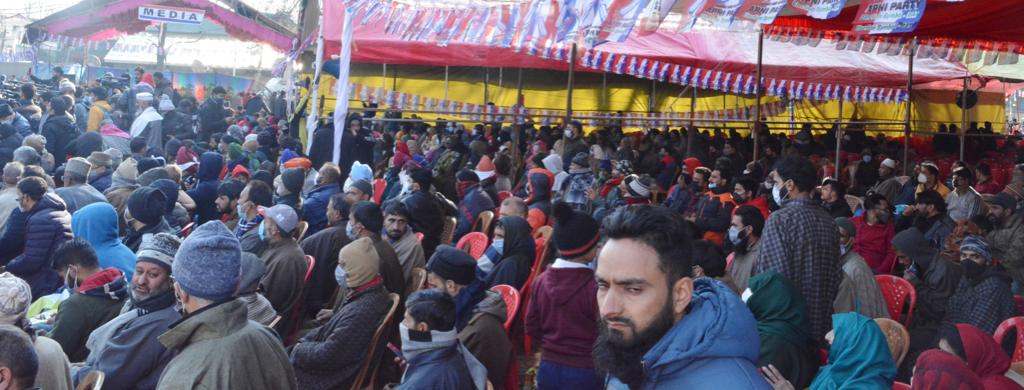
There also was a question on everybody’s mind in Kashmir,” What wrong have we done to be wronged like this? “Hamara Kasoor kai hai, (what is our fault)?
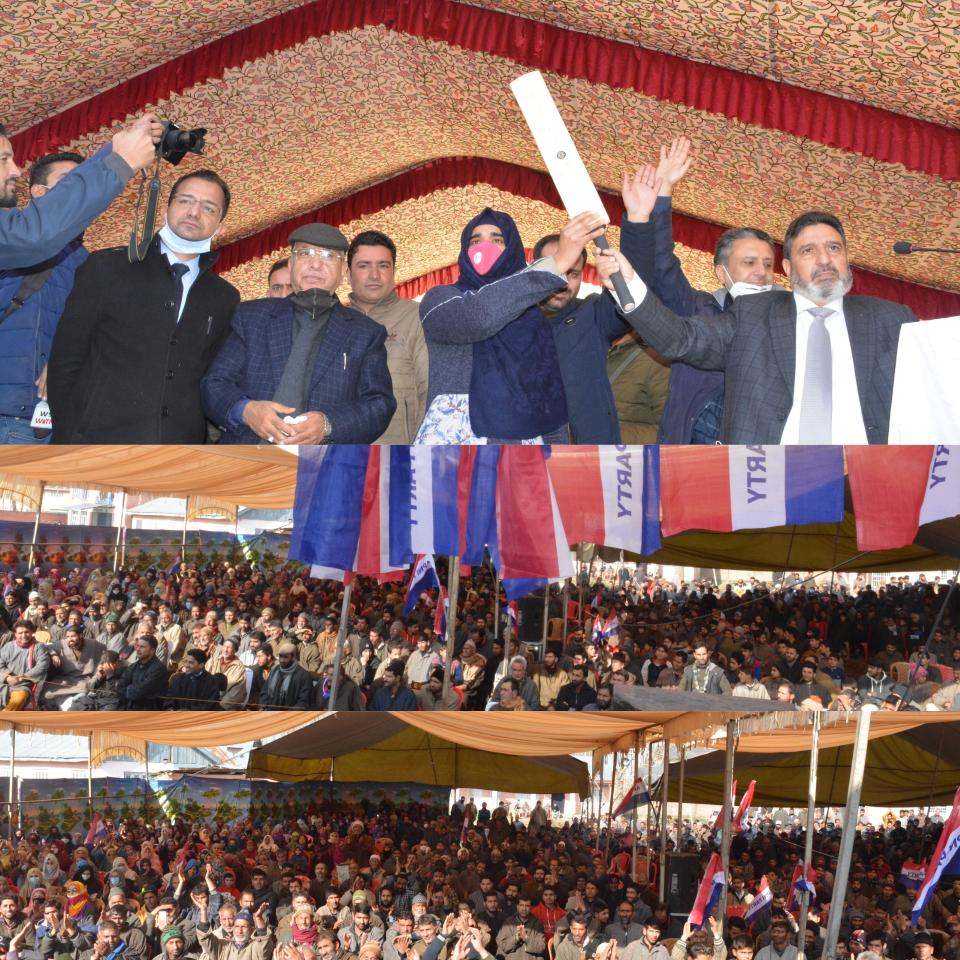
The Apni Party formed in March 8, 2020, had to find answers to this troubling question. It could not escape this responsibility as its founder – Altaf Bukhari – had attained a rare feat when all the Kashmir-centric political groups – PDP, National Conference- and even Congress- had taken a unanimous decision to make him chief minister in November 2018 to end the political vacuum. A non-functioning fax machine at Raj Bhavan in Jammu undid al this.
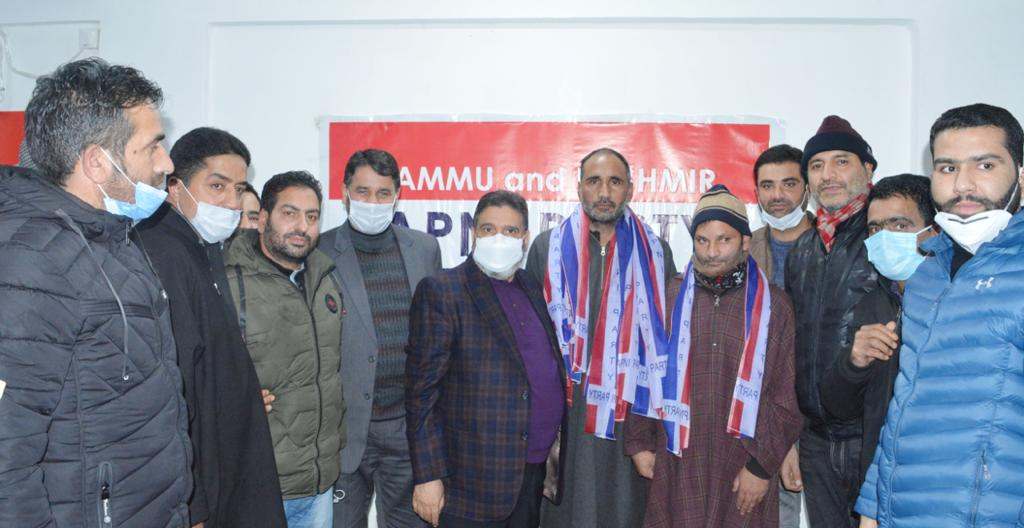
So, a man who was a consensus candidate for Chief Minister had additional accountability to the people of Kashmir. Had Delhi been backing him, he would have been the Chief Minister of the state of Jammu and Kashmir. That is history, as much as it is a history that he was an influential minister in the PDP-BJP government. Why a first time MLA was chosen as a minister, this is the question that the PDP would have to answer. Only plausible explanation could have been that Altaf Bukhari had something in him that he was made a powerful minister in the coalition government.
In March 2020, he stuck his neck out. It is still where it was, and knives will be out after the District Development Council polls are over – whether Apni Party wins’ good number of seats or not. He has not projected any dreamy picture about the poll performance of his party, that is where he has sounded realistic.
And that is how Altaf Bukhari had outlined the agenda of his party, -statehood would restore the empowerment of the people. He did so at the risk of courting controversies, for there were many who said nothing short of pre-August 5 position of Jammu and Kashmir would be acceptable to them. Those very leaders and political parties plunged into the DDC polls where there was no agenda of restoration of the Article 370 and 35 A. The answers came on their own, vindicating his, and his party’s position that was there nine months ago.
That, in any case, has not ended his challenge nor that of his party in which he has some of the known veterans of Kashmir politics who have journeyed through diverse political paths in Kashmir politics.
How would he meet the challenges that have emerged, is a big test for him? So far, Altaf Bukhari has made statements, led deputations and delegations to Prime Minister Narendra Modi, Home Minister Amit Shah, seeking statehood for J&K. These were the opening moves, which he has been repeating and reiterating, but the real task is to build a narration.
Delhi should have no objection to it, rather it should facilitate it for the sake of its own credibility for it is committed to the restoration of statehood to J&K at an appropriate time.
The Apni Party, the champion of the statehood, should engage the people at all levels and also serve regular reminders to Centre that the time has come to deliver on its words. Its narration and credibility is at stake, too.


